About
Brendan Eich, the creator of JavaScript and co-founder of Mozilla, founded Brave in 2015 to build a user-first Web experience. Its core browser and search engine shield over 60 million users from invasive ads and trackers. In their place, Brave pioneered a privacy-first, digital ads platform that rewards opted-in users for their attention and unlocks new revenue streams for creators.
Challenge
Building an NFT indexer in-house shifted focus from Brave’s core value prop
Marshall Rose is one of the Principal Engineers in Brave’s Premium Products group. Marshall’s current focus is creating Web3 Brave Talk, which uses token-gating to determine who can attend online conferences: Organizers can specify which NFTs users must have to join. Brave needed two mission-critical functionalities to complete this platform build:
- An easy way for users to browse and select their NFT collections to become participants or moderators in these conferences.
- Effective spam scoring to ensure users do not have to interact with spam collections.
While the Brave team could have eventually built the necessary infrastructure in-house to address their needs, doing so would not have added to their core competency: browser and conferencing services. Rather than redirect valuable time and funds away from its primary offering, Brave set out to find a partner with the most robust NFT API on the market.

Solution
After discovering SimpleHash, the Brave team quickly signed up, onboarded seamlessly, and has realized three major benefits from the partnership to date:
Benefit #1: SimpleHash’s API puts token-gating on autopilot
SimpleHash maintains a database of blockchain addresses and associated NFTs. By using our API, Brave Talk easily identifies users who log into token-gated seminars plus the wallets linked to their accounts. This eliminates the backend lift of screening people for the right collections.
Benefit #2: Thorough, well-designed spam detection
SimpleHash's algorithms process and assign spam scores to NFT collections on a scale of 0–100. According to Marshall, this “excellent” solution addressed at least 80% of problematic NFTs. Plus, SimpleHash's spam detection goes even further to manage the final 20%.
Through API calls, the Brave team can point SimpleHash to potentially bad collections. From there, SimpleHash investigates those flags and updates the spam scores — continually training the algorithm’s effectiveness over time. This functionality is useful for Brave's wallet interface, as end users can simply press a button to hide any and all unwanted content from their feeds.
Benefit #3: Swift, around-the-clock client support
When the Brave team sends a question in their dedicated Slack channel with SimpleHash, they can expect a reply within an hour. This fast response time makes it far easier for Brave’s developers to do their jobs and effectively manage the partnership.
Brave also has a bi-weekly meeting with SimpleHash. Marshall emphasizes that it's reassuring to have that time blocked off to organize and troubleshoot, while still respecting everyone's time and ending early when everything is going smoothly.
"All of the advantages that we see in Brave Talk by using SimpleHash’s API, we also see in our browser, our indexing, and being able to remove harmful content that may be lurking inside an image or some other NFT resource."
Results
With SimpleHash, Brave can double down on its core competencies
In Marshall’s words, SimpleHash equips Brave with an affordable, turnkey solution that his team would not have had the "time, energy, or expertise" to create on their own. Instead of building out new infrastructure, Brave can now focus on their core competency.
Brave appreciates how SimpleHash is always ahead of the curve with new developments in the Web3 ecosystem. Marshall knows that as the relationship progresses, he won't have to nudge the SimpleHash team about the need for expansions (i.e., supporting ordinals), primarily because we proactively identify and build new features based on real-time customer feedback.



















